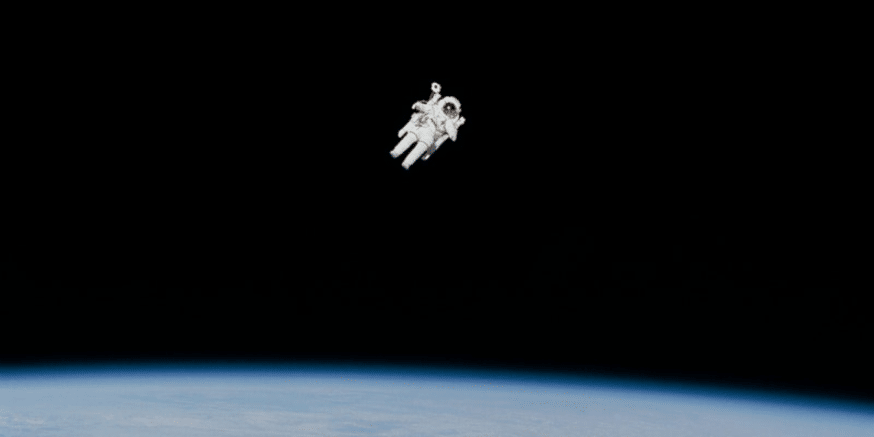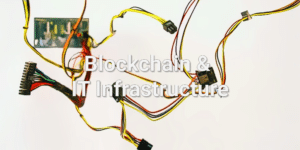Bitcoin is One Step Closer to Literally Becoming a Moonshot
Cryptocurrency has seen its fair share of highs and lows, but one Bitcoin mining firm’s PR stunt is quite literally bringing digital assets to new heights.
On Monday, Miner One launched a hydrogen balloon carrying crypto mining equipment over 35,000 meters into the stratosphere, a height intentionally chosen to match the company’s prediction that bitcoin will hit $35k this year. In a press release for the project, Miner One CEO Pranas Slušnys explains why the organization has high hopes for cryptocurrency’s flagship asset:
“We are bullish on bitcoin because it remains the world’s most popular and proven application of blockchain technology. And we see growing interest and adoption, despite recent market doldrums.”
The company’s project, titled Space Miner One, included a rig loaded with a Raspberry Pi 3 hard drive, a battery, a satellite transmitter, a GoPro Hero 5, and a promotional sweepstakes that awards a physical Bitcoin to one lucky winner. The satellite also featured a protective layer of equipment to insulate it from temperature extremes.
After reaching 100,000 feet from the ground, falling air pressure caused Space Miner One to expand from 2.2 meters to 10 meters in diameter. When the rig hit this altitude, the balloon was destroyed and a parachute deployed, bringing the rig back down to earth faster than January’s bear run. Using the satellite transmitter, the crew retrieved the craft and its data shortly after.
Crypto Mining…In Spaaaaaace!
With Space X launching a Tesla towards Mars, the thought of mining cryptocurrency in space doesn’t really seem that ridiculous.
Companies like Blockstream are already using satellites to broadcast Bitcoin’s blockchain around the world, but mining in the space is still a fairly new concept. Crypto mining in the stratosphere provides benefits such as freezing temperatures and an abundance of solar energy. Last year, Bitcoin developer Peter Todd spoke to these benefits, tweeting that it is “a lot cheaper to beam solar power collected in space back to Earth in the form of blocks than as electricity.”
Space Miner One did not include any solar panels, but it functioned well in the low temperatures of the stratosphere. The mission lasted 2.5 hours with a mining hashrate of only 330 Mh/s, so it was unlikely to have generated a whole satoshi. However, Miner One’s PR stunt could still be seen as just the beginning of Bitcoin mining’s space age.
Never Miss Another Opportunity! Get hand selected news & info from our Crypto Experts so you can make educated, informed decisions that directly affect your crypto profits. Subscribe to CoinCentral free newsletter now.










